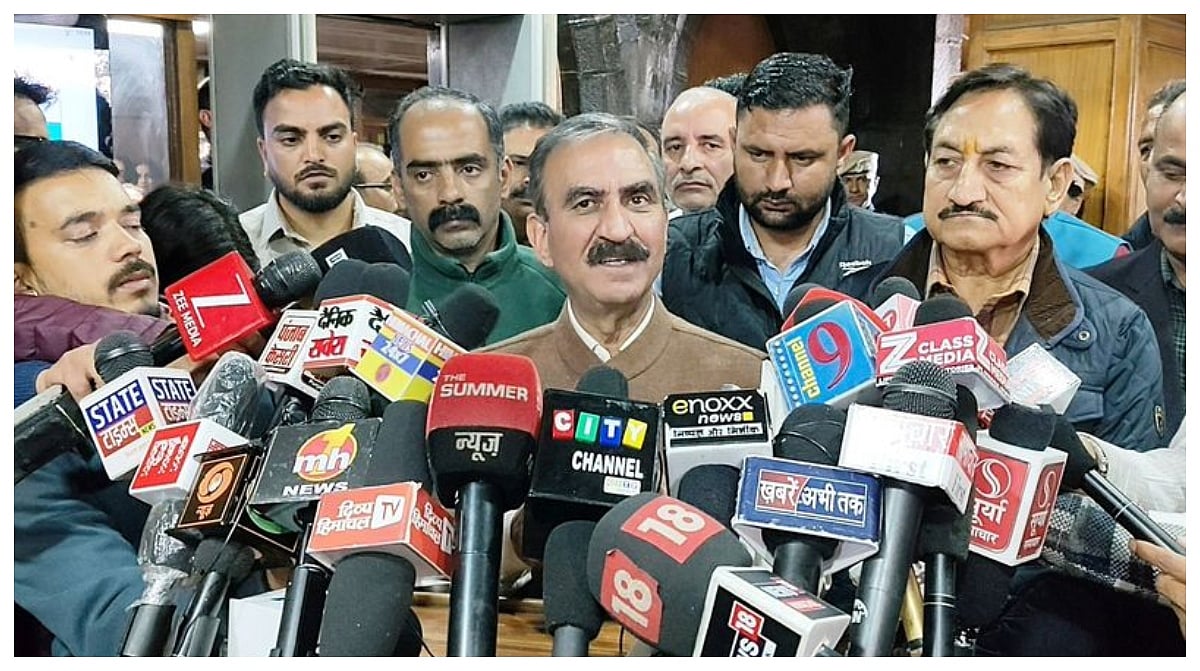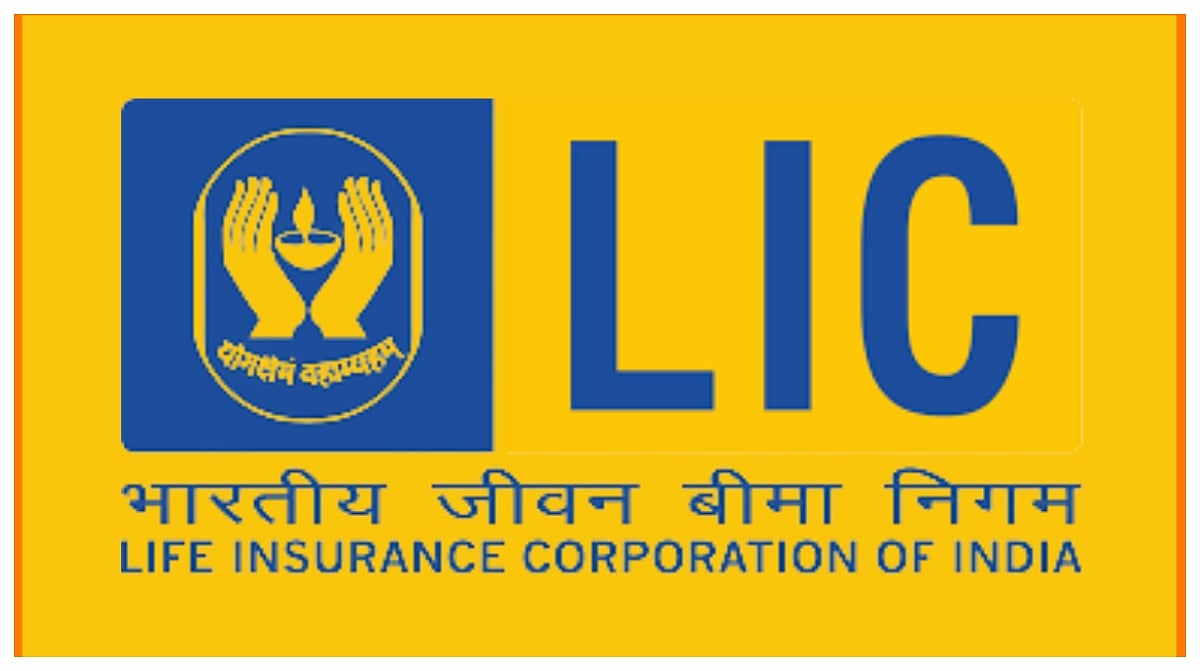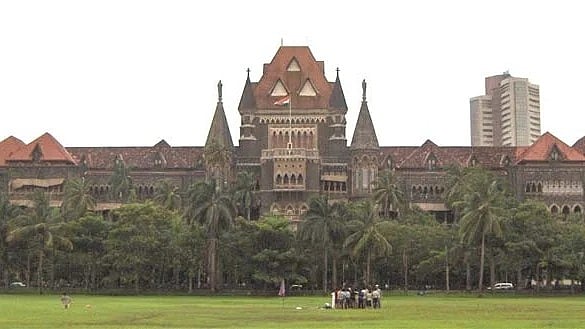At a time when the authorities are busy observing Swachhata Pakhwada, 83% women commuters have opined that toilets at railway stations are dirty, a survey revealed.
The survey was conducted byFirst year BA (FYBA) student of St Xavier's College under the guidance of Prof Avkash Jadhav, Head of History Department.
The student spoke to nearly a thousand women commuters of different age groups and walks of life for the survey. The study covered toilets at 21 suburban railway stations across Central, harbour and Western lines.
The stations are CSMT, Churchgate, Marine Lines, Grant Road, Mumbai Central, Wadala Road, Chunabhatti, Kurla, Malad, Goregaon, Vasai Road, Naigaon, Mira Road, Masjid, Dadar, Bandra, Santacruz, Vile Parle, Andheri, Borivali and Kandivali.
However, the railway authorities disagree with the findings of the survey and claim it is false.
Findings of the survey
"Around 97 percent of women commuters in the suburban section are unhappy with the cleanliness of toilets of railway platforms," said Avkash Jadhav. He added that the survey was conducted in August and September. Of the 1,000 women commuters, 42.2 percent commuted regularly, he added.
Nearly 50% of women complained that there were no buckets, mugs and water in the toilets but very few said they had complained to the authorities about the dismal state of these washrooms.
73.4 percent of the women commuters said that the washrooms don't meet hygiene requirements and 18.1 percent said it partially does. Only 8.5% women said that they were happy with the conditions of washrooms at the railway stations.
When the surveyor asked if the women have used the washrooms, only 30% of the commuters responded positively while other 21.8% said that they use it occassionally.
The survey also revealed that 40.8% commuters ready to pay higher fee for clean and well maintained washroom. Very few respondents said that they were not ready to pay more fee for using washroom facility at railway platforms.
The survey revealed that 91.5% women said that it is primary responsibility of the Railway to provide clean and hygienic washrooms. Moreover, 36% responded negatively when asked whether they found sanitary napkins or tampons in the washrooms while 14% said it is usually unavailable.
Overall finding of the survey
83.5% respondents say that the washrooms are dirty, 77% complained about the odour. 47.9% said that flush don't work in the washrooms, while 42.3% of doors don't have functional locks. 27.7% respondents complained about improper water supply.
33.7% commuters said that there is no female attendant and other 16.5% complained about men sitting inside the washrooms. 24.7% complained about lack of illumination in the washrooms.
17.3% of respondents did not even know there were washrooms on the stations.
Commuters' recommendations
The commuters recommended increasing availability of tissues and dustbins in the washrooms and said that there should be adequate supply of menstrual products [napkins and tampons] in the washrooms.
Fitting lights and signboards near washrooms to make it more accessible, they also recommended increasing security and increasing number of female attendants in washrooms. Include changing rooms and breastfeeding rooms, they said.
Ensure regular intervals in which washrooms are sanitised and soap, tissues, toilet paper and pads/tampons are refilled.
Consultations with third party programs (CSR based programs) to help improve on availability of funds needed to improve washrooms across Mumbai.
Establish provisions made to ensure strict accountability such as regular inspections and use of e-platforms to log cleanliness levels in washrooms.
Conduct workshops with existing staff to sensitise on issues faced by daily female travellers and consult with NGOs.
Improvement of infrastructure surrounding the washrooms, such as improved drainage systems and waste segregation and storage.









